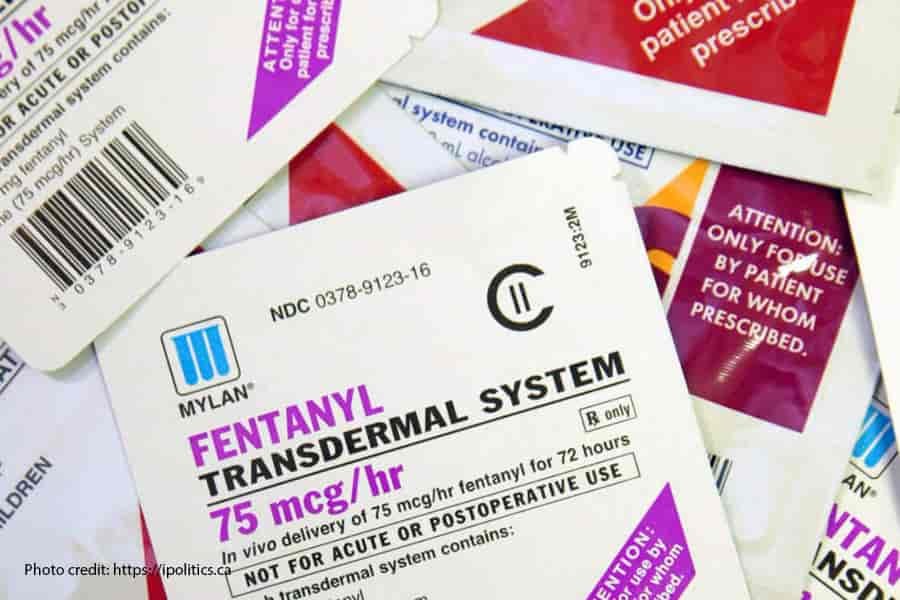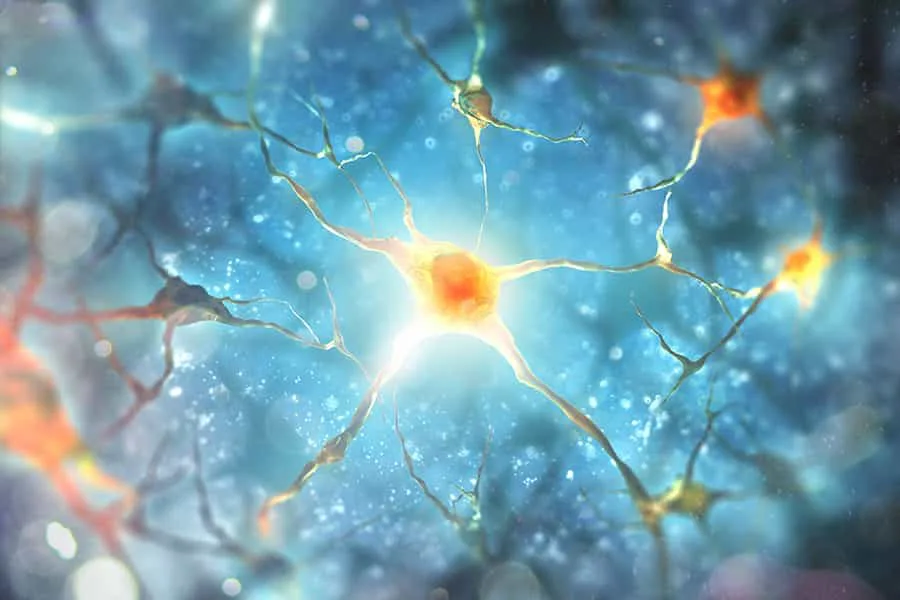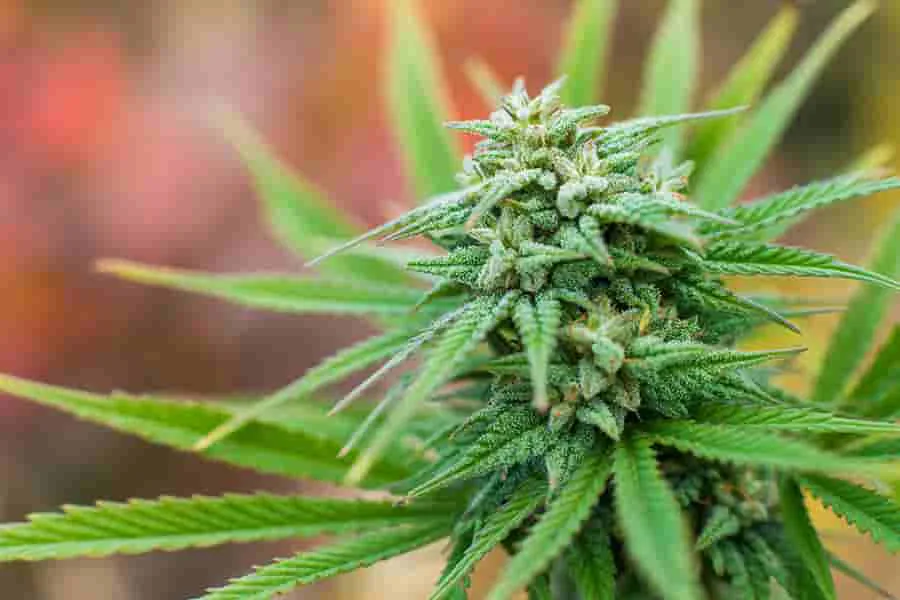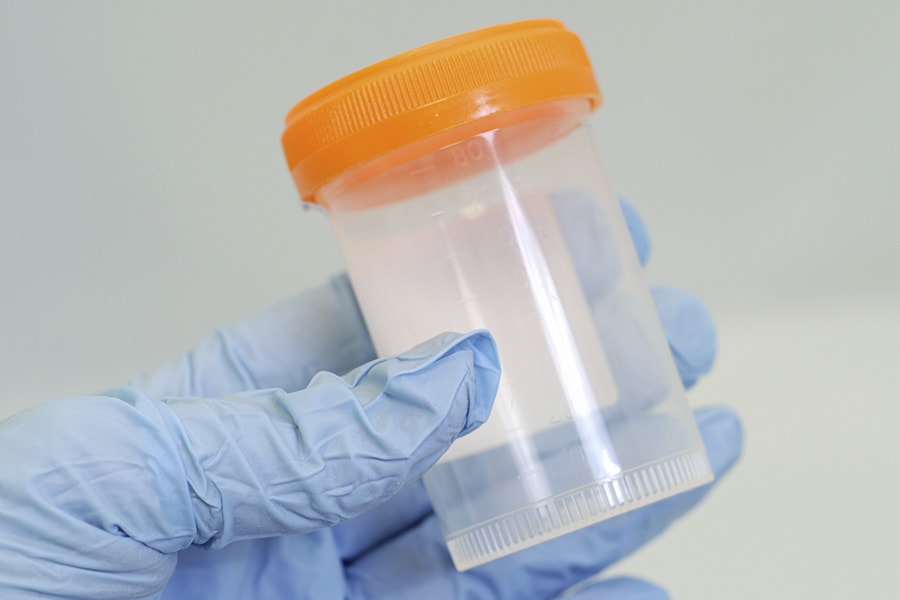How to Support a Loved One in Addiction Recovery
Staying drug- and alcohol-free is a life-long journey. If you have a friend or family member going through addiction recovery and are looking for ideas on how to show your support, consider the following: Learn About Addiction An important first step in supporting a friend or family member going through addiction recovery is to understand addiction. Read about addiction recovery from trusted authorities. Those who become familiar with the problems of addiction gain a better understanding of their loved ones. You can follow our Dream Journal blog for biweekly articles on addiction treatment. Encourage Addiction Recovery Treatment Treatment for …
How to Support a Loved One in Addiction Recovery Read More …









